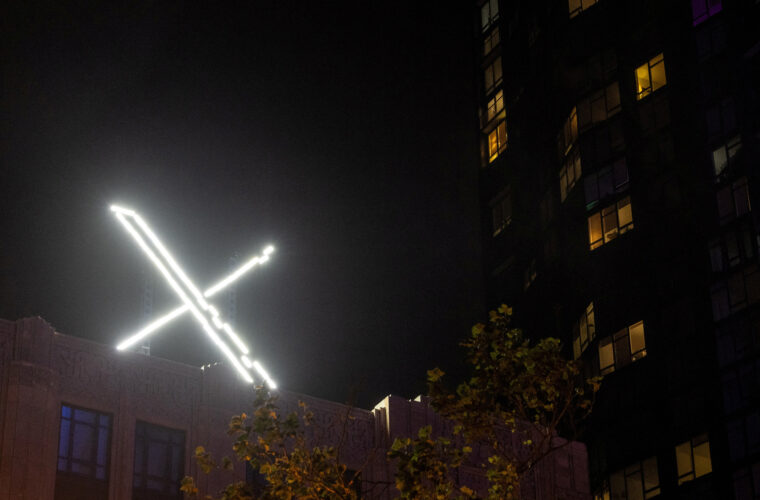Fourteen months of waiting before getting a severance package after being suddenly laid off. This happened to X’s African team of less than 20 people, who found themselves out of work shortly after Elon Musk took over the company. In the targeted operation wanted by the new boss to radically transform the platform, one of the first acts was the dismissal of more than 6,000 employees out of the 8,000 in place when he arrived. Musk justified his decision with the need to downsize the structure to cut expenses in the face of losses estimated at $4 million per day. With the immediate controversy that followed this operation, the Tesla founder tweeted that all employees sent home had received severance pay. It was a lie because the team working in Ghana only managed to get their hands on the money they were owed after more than a year.
Creditors of the richest man in the world
Having arrived at the offices in Accra after working for eight months from their respective homes due to the Coronavirus emergency, the employees were relieved of their duties in November 2022, just after Twitter passed into the hands of Musk, who announced the decision to them as well as to other workers around the world with less than a month’s notice. In addition to not receiving what was expected, the Ghanaian team had to endure the multiple payment delays promised by the company because they had no other choice until they turned to the legal agency Seven Seven to assert their contractual rights.
The online skirmishes caused inconvenience and frustration, especially for those who had arrived in Ghana from other African countries, only to find themselves a few months later without a job and accrued severance pay. So, in their words, they have no money to return home. “It’s hard when it’s the richest man in the world who owes you money and shuts down,” one of the former employees told the BBC, who tried several times to ask X for a rebuttal, getting in return, in one case, a smiling poo emoji.

Complaints against X of former employees: the list is long
X’s misconduct and prolonged silences clashed with labour regulations in force in Ghana, where a law stipulates that staff must be paid following negotiations with those affected by the dismissal. “It is a rule in the labour and employment law landscape designed to mitigate employee hardship, which can occur when companies carry out mass layoffs,” said a representative of Seven Seven. Which eventually managed to win the duel with the Californian company, obtaining what was owed by the dismissed employees and the costs of repatriating the foreign staff.
If the short-circuit experienced by the African team was one of the many problems that emerged with the advent of Musk, it should be borne in mind that facing lawsuits brought by former employees is nothing new for X, which was sued last year in a California court for refusing to pay promised severance packages totalling more than $500 million. Demonstrating that there is much for X’s legal team to do, there are approximately 2,200 arbitration cases against the organisation being challenged globally by those who were laid off after the sale of the company. Certainly not property in Musk’s mind, but at the same time, it is another problem that highlights the state the company is in.



